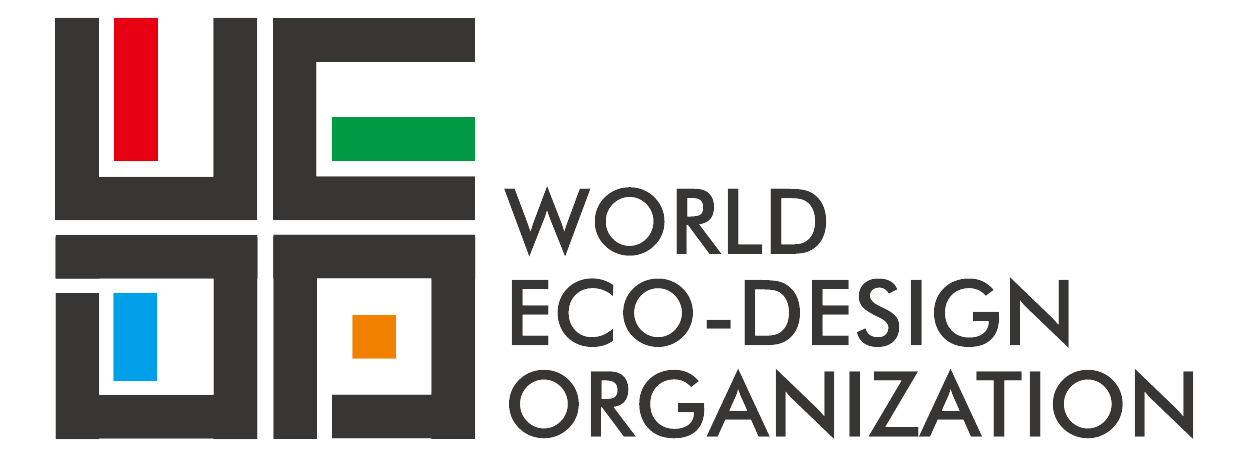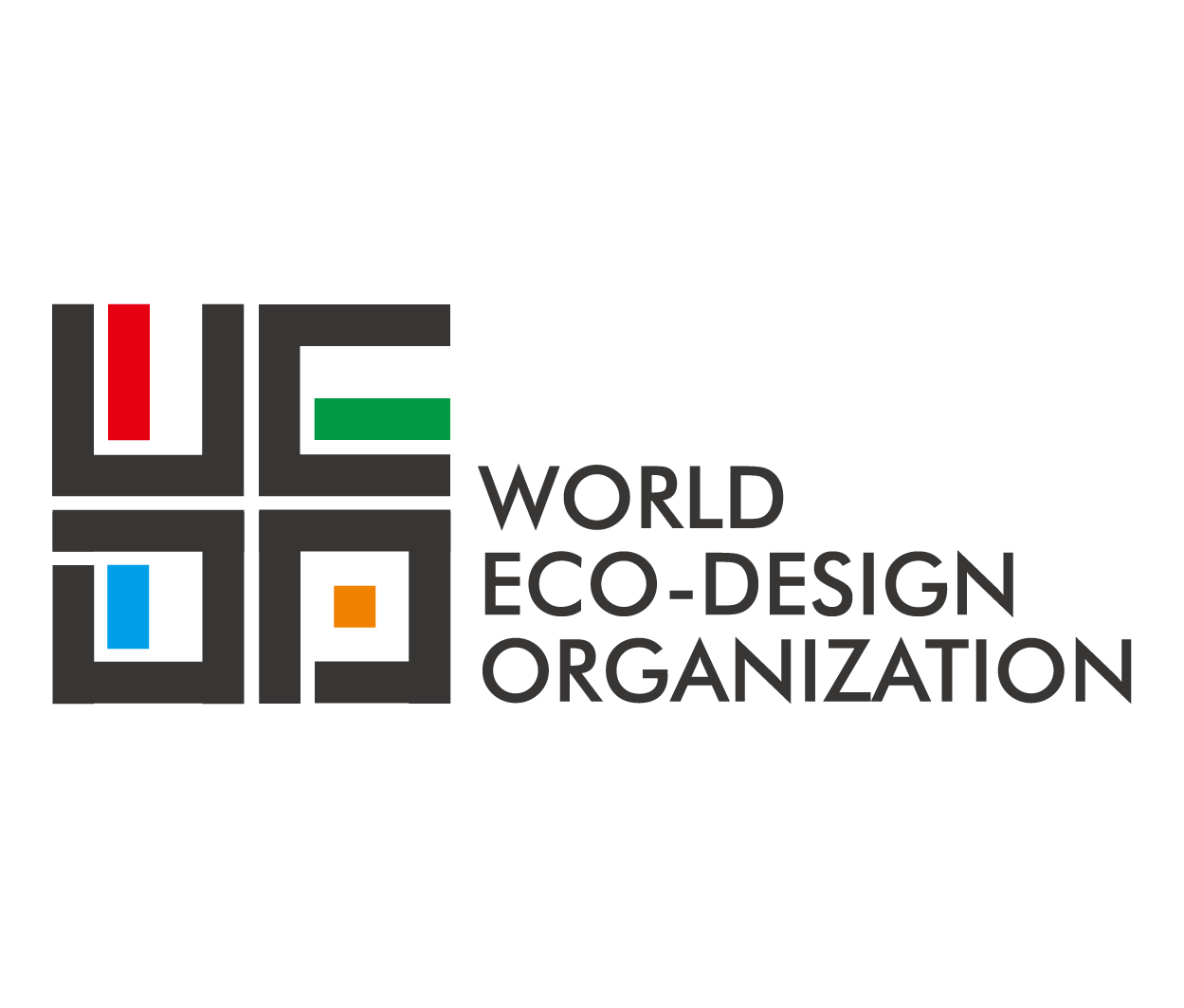Celebrated every 10 November, World Science Day for Peace and Development highlights the significant role of science in society and the need to engage the wider public in debates on emerging scientific issues. It also underlines the importance and relevance of science in our daily lives.
By linking science more closely with society, World Science Day for Peace and Development aims to ensure that citizens are kept informed of developments in science. It also underscores the role scientists play in broadening our understanding of the remarkable, fragile planet we call home and in making our societies more sustainable.
The Day offers the opportunity to mobilize all actors around the topic of science for peace and development – from government officials to the media to school pupils. UNESCO strongly encourages all to join in celebrating World Science Day for Peace and Development by organizing your own event or activity on the day.
2023 Theme: Building Trust In Science
The role of science in shaping our collective future can only be fulfilled when there is trust in science. It is trust in science that fuels the development and application of evidence-based solutions to our world’s multifaceted challenges. Trust in science is a complex issue. It affects the way in which scientists operate and the way science is perceived by society. Also, enhancing trust in science strengthens science-based policy decisions and society’s support for their application.
Participate!
In 2023, World Science Day focuses on "Building Trust in Science." Trust in science is vital for developing evidence-based solutions to global challenges. UNESCO celebrates this theme with a ministerial roundtable and the 2023 UNESCO Kalinga Prize for the Popularization of Science ceremony.
Background
The organization of a focused event related to the commitment to science and society was one of the positive outcomes of the 1999 World Conference on Science in Budapest. It was considered an opportunity to reaffirm each year the commitment to attaining the goals proclaimed in the Declaration on Science and the Use of Scientific Knowledge and to follow up the recommendations of the Science Agenda: Framework for Action.
Since its proclamation by UNESCO in 2001, World Science Day for Peace and Development has generated many concrete projects, programmes and funding for science around the world. The Day has also helped foster cooperation between scientists living in regions marred by conflict - one example being the UNESCO-supported creation of the Israeli-Palestinian Science Organization (IPSO).
The rationale of celebrating a World Science Day for Peace and Development has its roots in the importance of the role of science and scientists for sustainable societies and in the need to inform and involve citizens in science. In this sense, a World Science Day for Peace and Development offers an opportunity to show the general public the relevance of science in their lives and to engage them in discussions. Such a venture also brings a unique perspective to the global search for peace and development.
The first World Science Day for Peace and Development was celebrated worldwide on 10 November 2002 under UNESCO auspices. The celebration involved many partners, such as governmental, intergovernmental and non-governmental organizations, UNESCO National Commissions, scientific and research institutions, professional associations, the media, science teachers and schools.
Source: World Science Day for Peace and Development | United Nations
Source: World Science Day for Peace and Development | United Nations






 en
en



 Guangzhou,China
Guangzhou,China +86 - 19925740779
+86 - 19925740779 wedc@vip.126.com
wedc@vip.126.com










